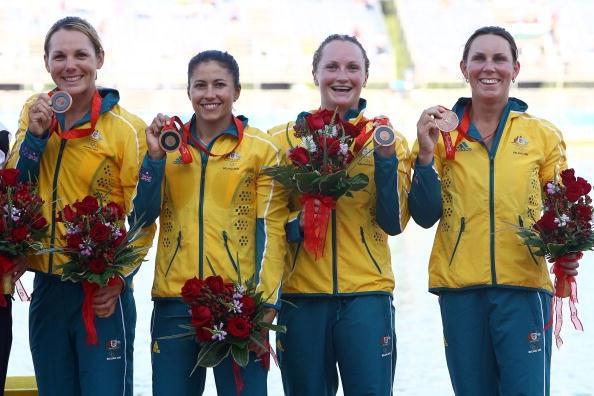UNSW Active Women's Strategy Chair Hannah Davis on resilience in tough times
Hannah Davis is no stranger to challenges. The dual Olympian, who competed in the 2008 Beijing and 2012 London Games, didn't have a straightforward road to the top but persistence and resilience saw her through the tough times and she was able to realise her Olympic dream.


